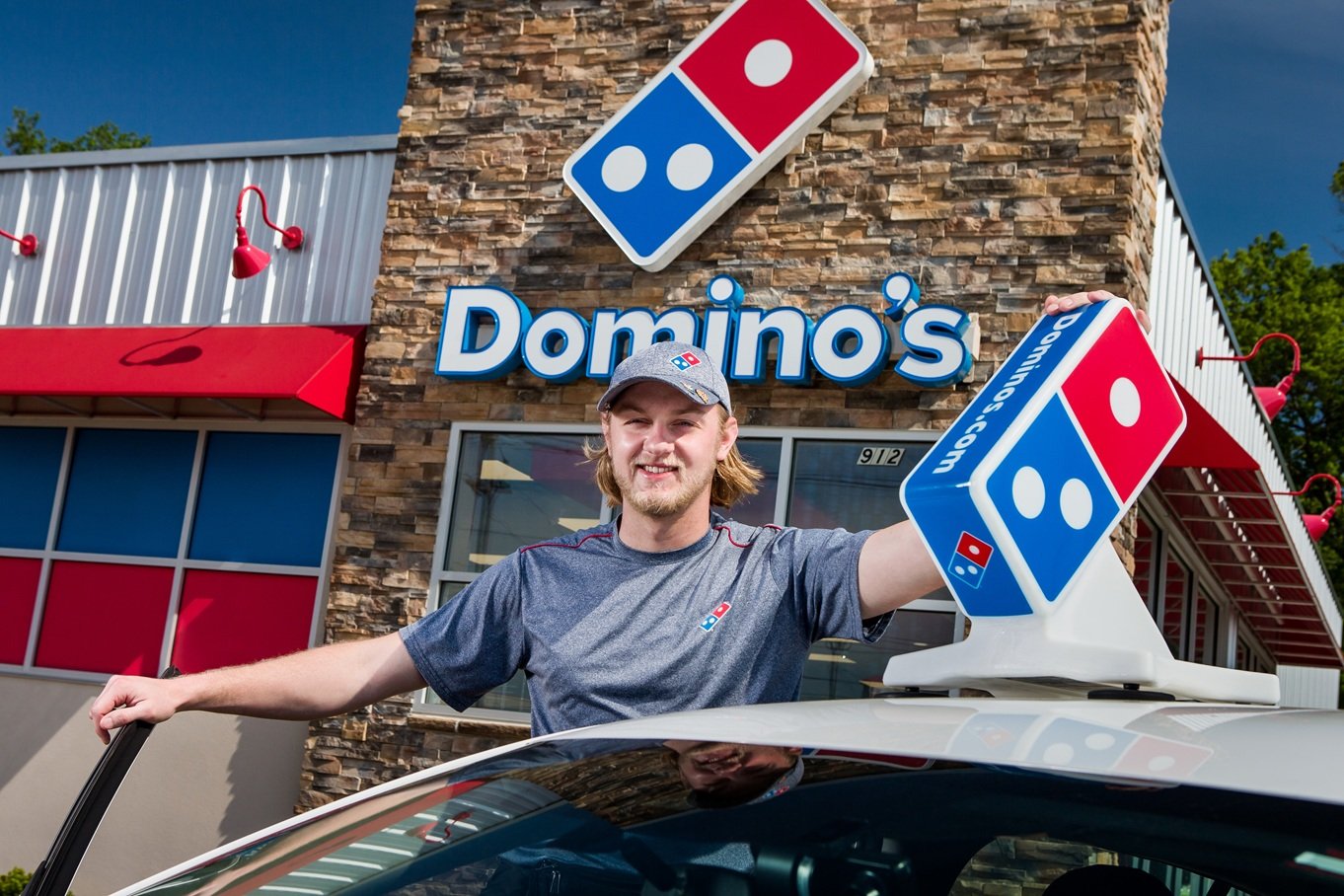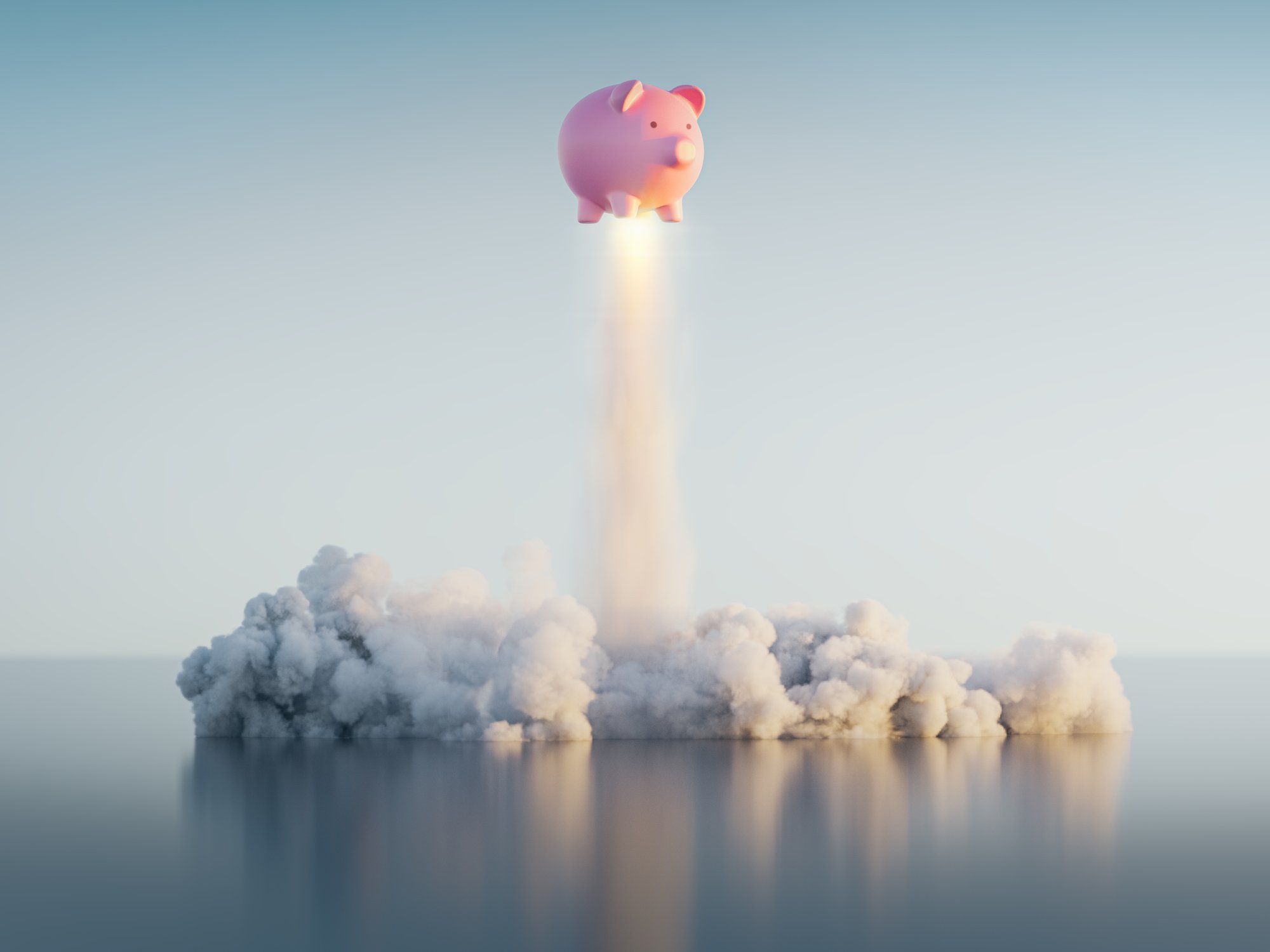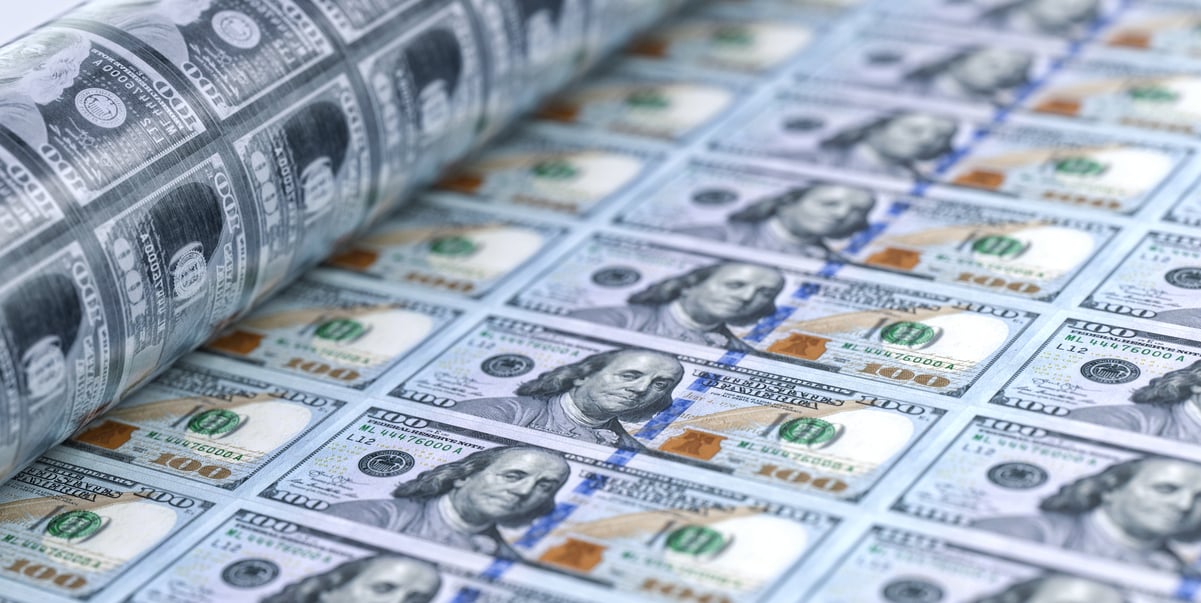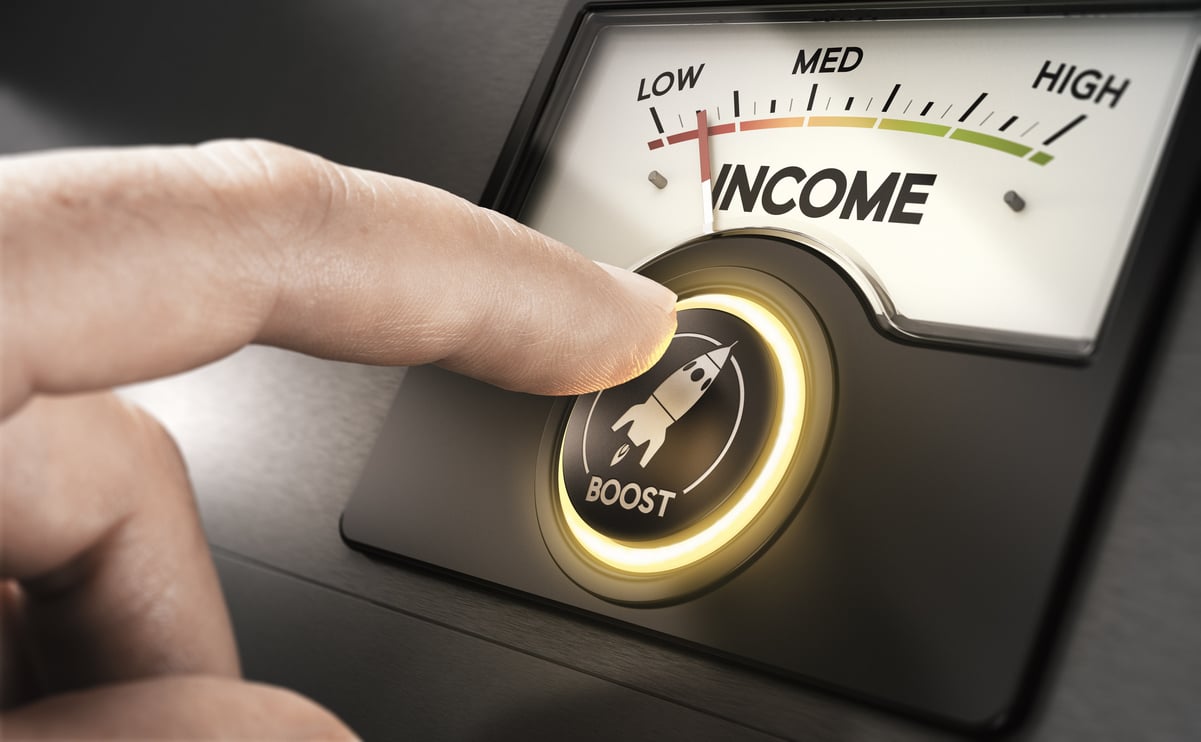For over a century, Coca-Cola (KO +2.43%) has effectively executed a simple business model. Manufacture tasty, refreshing soft drinks, and market and distribute them around the world.
That model and the company's stable of 20 billion-dollar brands, including Sprite, Fanta, and Minute Maid, made its stock one of the best-performing of the 20th century, according to some measures. However, more recently, Coca-Cola has struggled. Overall soda consumption has declined in the U.S. every year since 2004, and diet soda sales have slipped even faster. Consumers instead are turning to beverages like coffee, sparkling water, energy drinks, and even kombucha (fermented tea), among others. While Coke shares have essentially been flat, rival beverage stocks like Starbucks (SBUX +1.98%), SodaStream International, and National Beverage have surged. Perhaps as a result, Coke's strategy now seems to be shifting away from its traditional strengths as a soft drink maker and distributor. Consider two recent moves. First, the company made a $5.1 billion acquisition of U.K.-based Costa Coffee, the second-biggest cafe chain in the world after Starbucks, and then the company held talks with Aurora Cannabis (ACBFF +3.19%) about producing a cannabis-based beverage.

Image source: Getty Images.
Let's take a look at each of these moves and what they could mean for Coca-Cola.
A caffeine rush
Coca-Cola shares dipped nearly 1% on Aug. 31 when the company announced the acquisition of Costa, indicating investors were unimpressed with the move. The deal gives Coke control of nearly 4,000 retail outlets as well as a "scalable coffee platform with critical know-how and expertise in a fast-growing, on-trend category."
The acquisition also gives Coca-Cola a strong brand in hot beverages, an area where it's lacking, and expertise and know-how in coffee sourcing, vending, and distribution, which is part of its goal to become a total beverage company.
Indeed, coffee could be the antidote to Coca-Cola's woes in soft drinks. A recent report found that the portion of Americans drinking coffee each day had reached its highest point in the past six years, with 64% of National Coffee Association survey respondents saying they'd had coffee the previous day. Also, coffee growth continues to look strong globally. Starbucks and Costa are both expanding rapidly in China, and the global coffee market is projected to grow at 5% annually through 2022, according to Research and Markets.
Coca-Cola also hopes to expand the footprint of Costa stores, bringing them to the Americas for the first time, and Starbucks' success shows why, as the coffee leader has operating margins in the range of 20%. Costa, meanwhile, saw 7.5% revenue growth in its most recent quarter, operating profit of 9%, and a strong return on capital at 46%. With flat comparable sales, though, expanding the brand may not be so easy, especially for a newcomer like Coke.
The cannabis opportunity
More intriguing than the coffee deal was news that Coca-Cola was considering getting into the marijuana market. A report from Bloomberg said that Aurora Cannabis had held talks with Coca-Cola about a potential partnership to produce a cannabis-infused beverage. In response to the news, Coca-Cola issued a statement, saying:
We have no interest in marijuana or cannabis. Along with many others in the beverage industry, we are closely watching the growth of non-psychoactive CBD as an ingredient in functional wellness beverages around the world. The space is evolving quickly. No decisions have been made at this time.
While Coca-Cola appears to be keeping mum about any potential relationships with pot growers, the company has also held talks with Aphria (NASDAQOTH: APHQF), indicating broad interest in the space. Indeed, management is correct that the space is evolving quickly, as Corona distributor Constellation Brands is taking a $4 billion, 38% interest in Canopy Growth, and Molson Coors is entering into its own joint venture with HEXO Corp.
Already, the marijuana market has started to look overheated, but Coca-Cola would likely be a dream partner for any of these companies, given its global pipeline. However, for Coke, there's also some brand risk in entering the market for cannabis products, as the company has historically sold and marketed itself to families. Considering the company already manages a diverse range of brands, that may not be an issue, but it's still a risk that alcohol stocks don't face.
A new Coke
Under CEO James Quincey, Coca-Cola is breaking through its traditional boundaries. Earlier this year, the company launched its first alcoholic beverage, a flavored, grain-based drink known as chu-hai in Japan, and in just the last month, it's sought to diversify with a number of other acquisitions, including French juice company Tropico, Nigeria's Chi juice, and Australian kombucha maker Mojo.
Though the strategy is risky, one thing is clear: The headwinds against Coca-Cola's core beverages aren't going away. Soda consumption continues to decline. Taxes on sugary beverages have passed in places like Mexico, France, and American cities like Philadelphia. Even traditional fruit juices, a segment Coke competes in under the Minute Maid brand, are often viewed as unhealthy.
Given that, the total beverage strategy seems like Coca-Cola's best chance to jump-start its anemic growth levels. It's unclear if the Costa acquisition will pay off or if the company will dive into the marijuana industry, but the venerable beverage giant is embracing risks in a way it hasn't for a long time, and that should ultimately pay off for shareholders.








